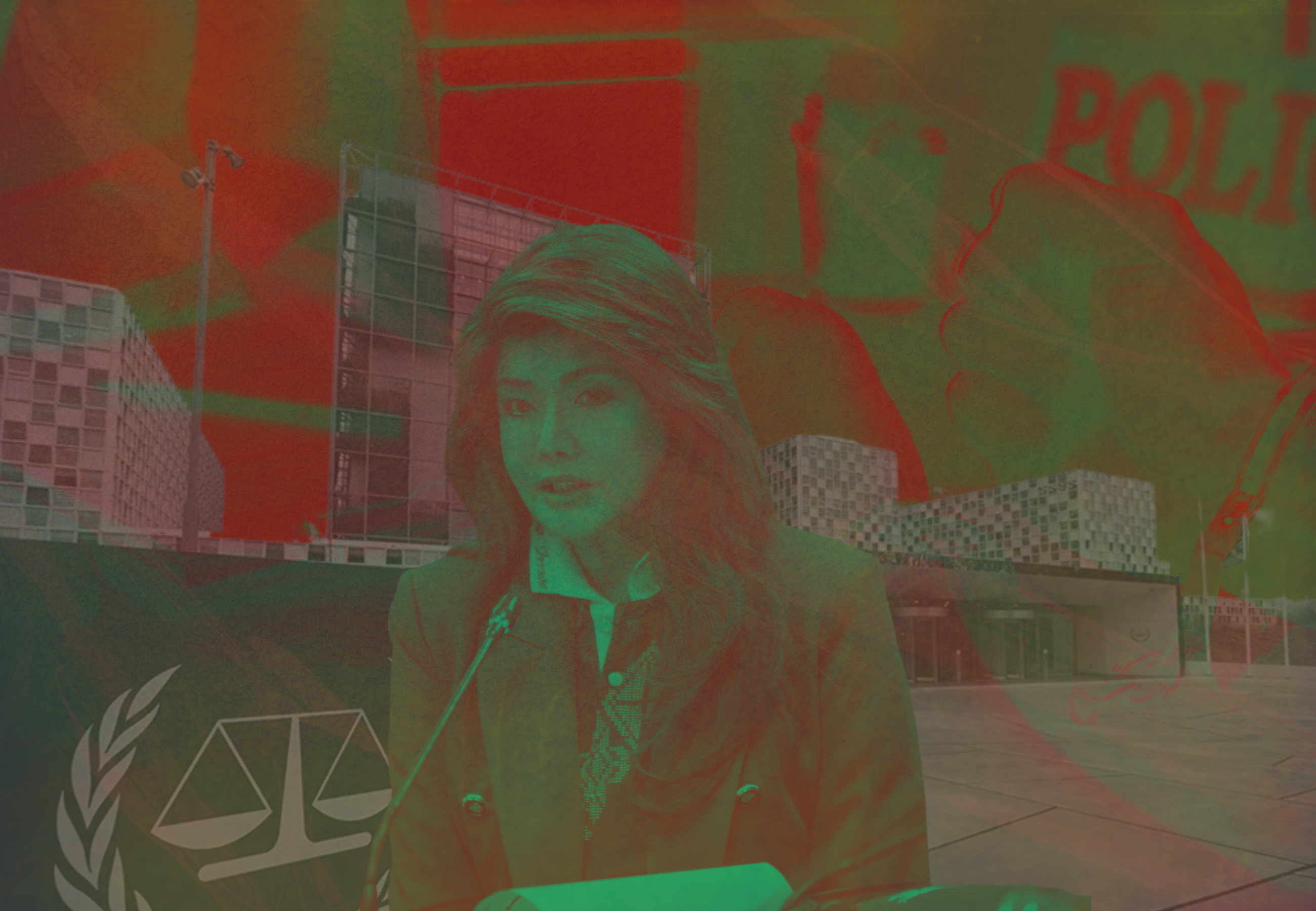On Duterte’s arrest: Imee Marcos’ belated protest and fuss

A MONTH AFTER he was taken into custody by the International Criminal Court (ICC), former President Rodrigo Duterte remains the subject of controversy and debate in the country.
On her own, Imelda “Imee” Marcos as head of the Senate Committee on Foreign Relations, has sustained media attention, holding three legislative hearings after the ex-president had been taken to the Hague.
Her press statement said the purpose was “to establish whether due process was followed and to ensure that his legal rights were not only upheld but protected. . .” and to ensure that Philippines’ sovereignty “must remain paramount.”
The first hearing on March 20 focused on the Interpol document that led to the arrest. A week later, she called a press conference to present preliminary findings that pointed to supposed “glaring violations” of Duterte’s rights, namely, the lack of a warrant issued by a national court; that no visitors were allowed while Duterte was in police custody; and that he was taken out of the country without a court order.
Two more hearings were held on April 3 and 10. Citing executive privilege, invited Cabinet officials skipped the April 3 session. During the probe on April 10, Marcos cited the ambassador who accompanied Duterte on the plane to The Hague in contempt, as the Senate panel accused him of giving “misleading answers.”
Media carry political heat
News on these developments fixated on the perspective of Senator Marcos and her staunch support of Rodrigo Duterte and his family, emphasizing on her drawing the line between President Marcos and herself. The hearings were clearly devoid of pretense for “need of legislation” — generating political heat and tension to draw more sharply the lines that separated the senator and the president.
In an article on April 1, Philstar.com‘s Jean Mangaluz observed: “What was initially intended as an inquiry into the implications of the ICC’s actions on foreign relations shifted into a search for who was responsible for Duterte’s predicament.”
Mangaluz added, “Imee’s preliminary findings from the hearing had little to do with foreign affairs, but focused instead on the Marcos administration’s role in Duterte’s legal troubles.”
Across print, TV and online, news coverage of the three hearings was fixed on the exchange between Senator Marcos and the resource persons invited, including Justice Secretary Jesus Crispin Remulla; Defense Secretary Gilberto Teodoro; Brig. Gen. Nicolas Torre III who arrested Duterte himself; and Markus Lacanilao, Special Envoy on Transnational Crime.
TV highlighted the emotionally-charged moments: Senator Marcos accusing Cabinet officials of a “cover-up;” an incensed Senator Ronald “Bato” dela Rosa’s accusing Lacanilao of lying and threatening to cite him in contempt; and Senator Robin Padilla breaking down in tears when Senator Christopher “Bong” Go, delivered his opening statement.
Meanwhile, the Palace stood pat, confirming its official stand from Claire Castro, Malacañang press officer, that the arrest of Duterte was legal.
When asked about Cabinet officials’ absence at the second hearing, Castro said the “facts and data” provided in the first hearing were already sufficient.
Reports included points of conflict:
Castro suggested that Senator Marcos invite experts who are not in the Cabinet “so that she can gain more clarity.”
Senate President Francis Escudero accused Imee Marcos of using the issue for her “own personal political objectives.” In turn, Marcos told media that she had actually forgotten about her re-election campaign, calling Escudero “the ambitious one.”
The reports were designed to keep up with Imee Marcos’ efforts to prove her loyalty and support for Rodrigo Duterte. Senator Marcos was holding hearings after the fact: Duterte was arrested, and had been taken to the Hague where he is under custody of the ICC.
The news should have included expert views about the limits to what Marcos hopes to achieve.
A case of failed context, the news was old news. Actually, all of Imee Marcos’ protestations had already been dealt with by legal experts, but reports were presenting them as though it was fresh news.
Leave a Reply